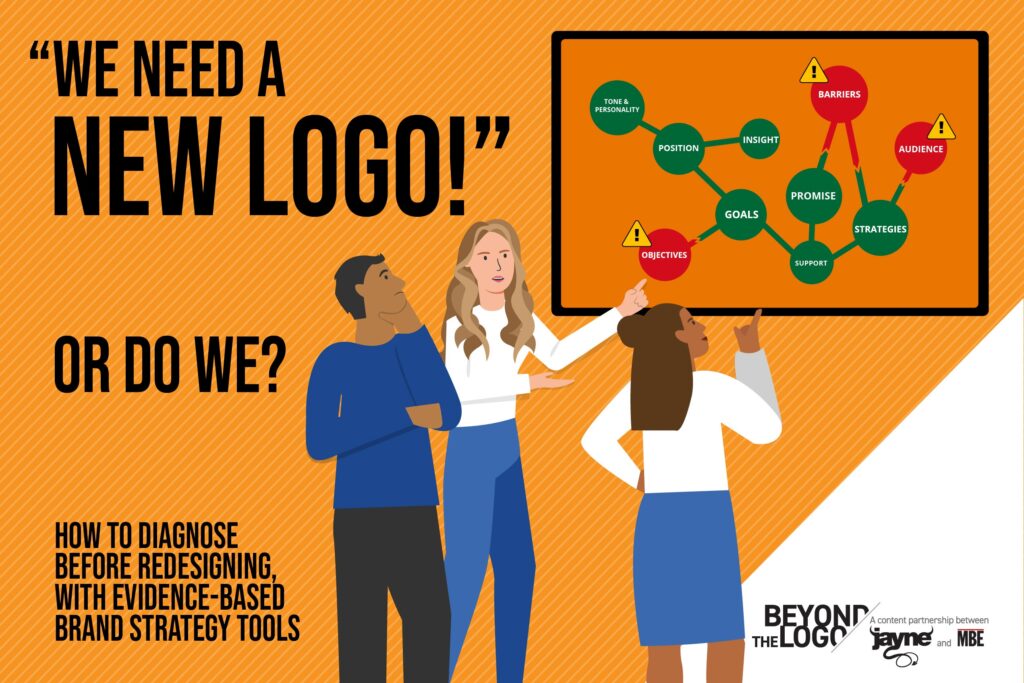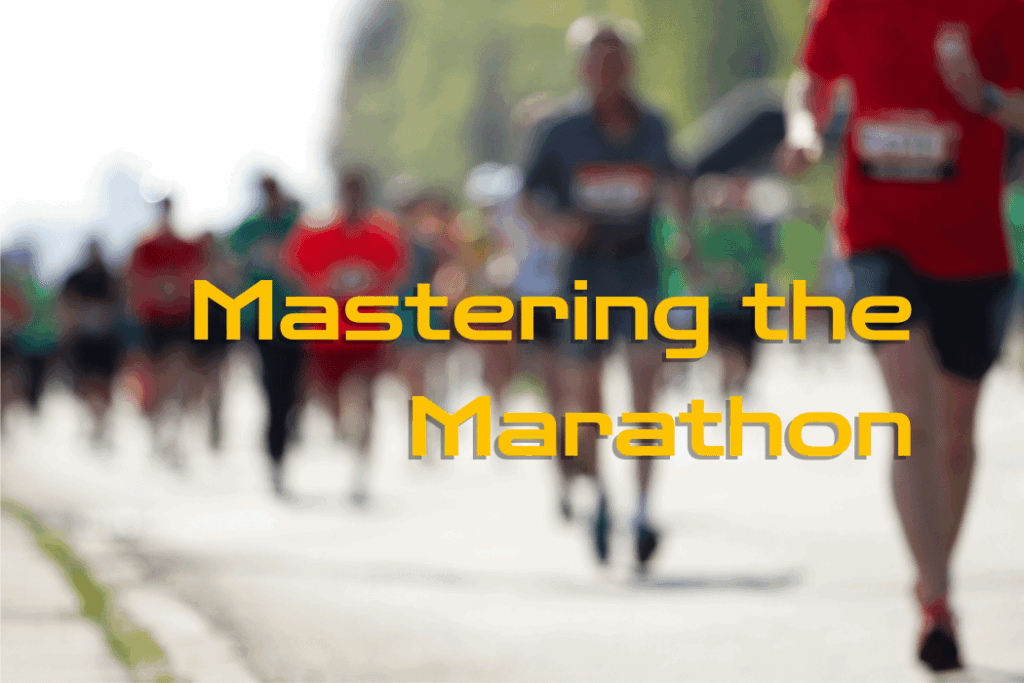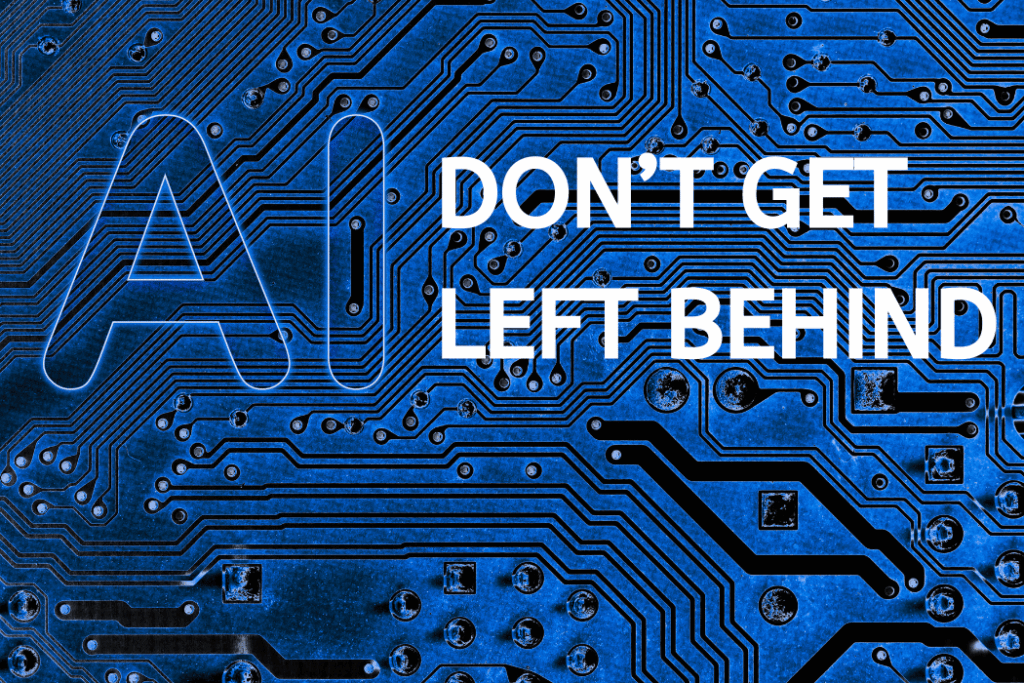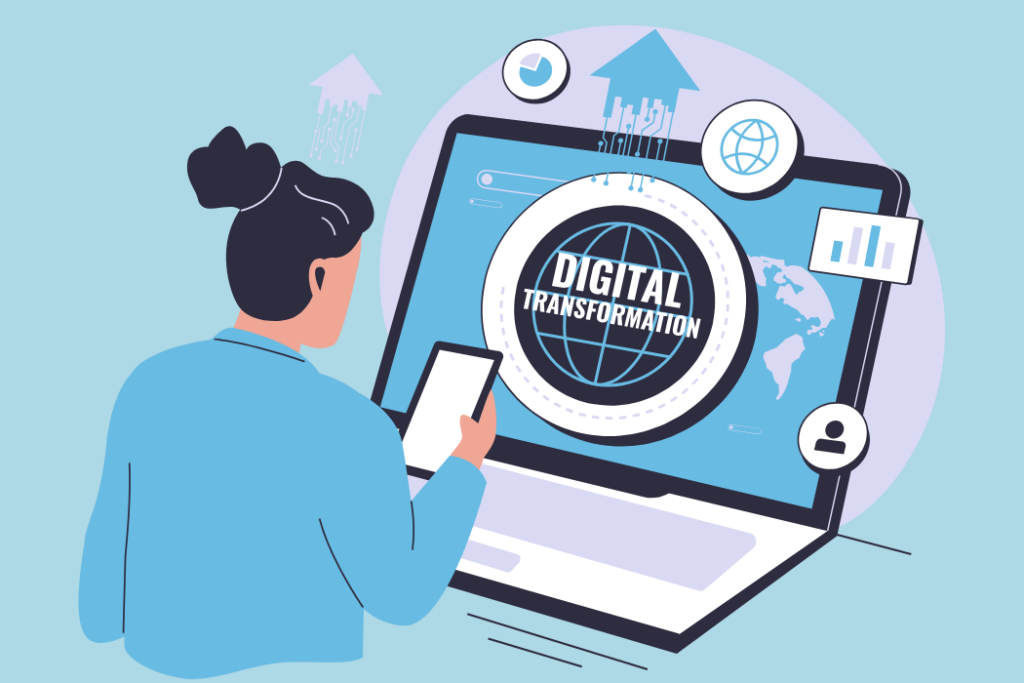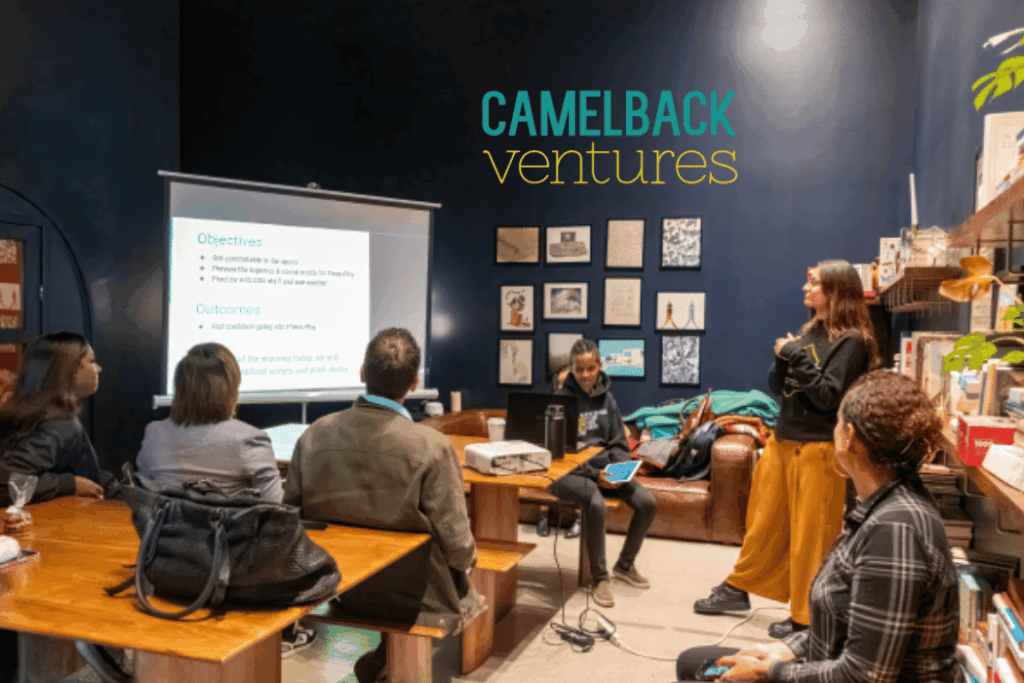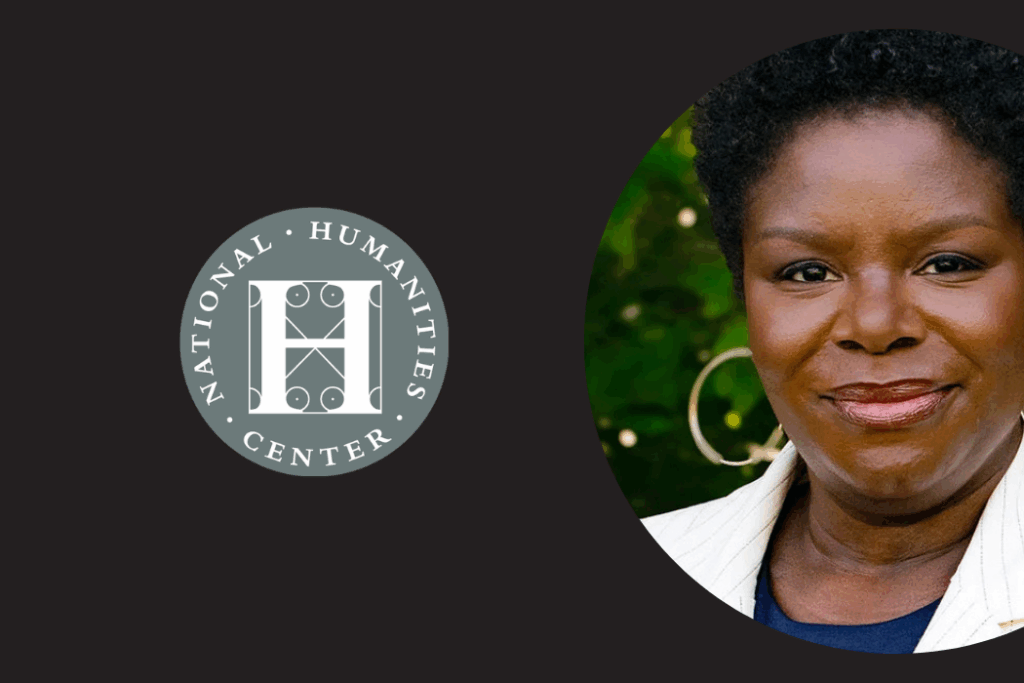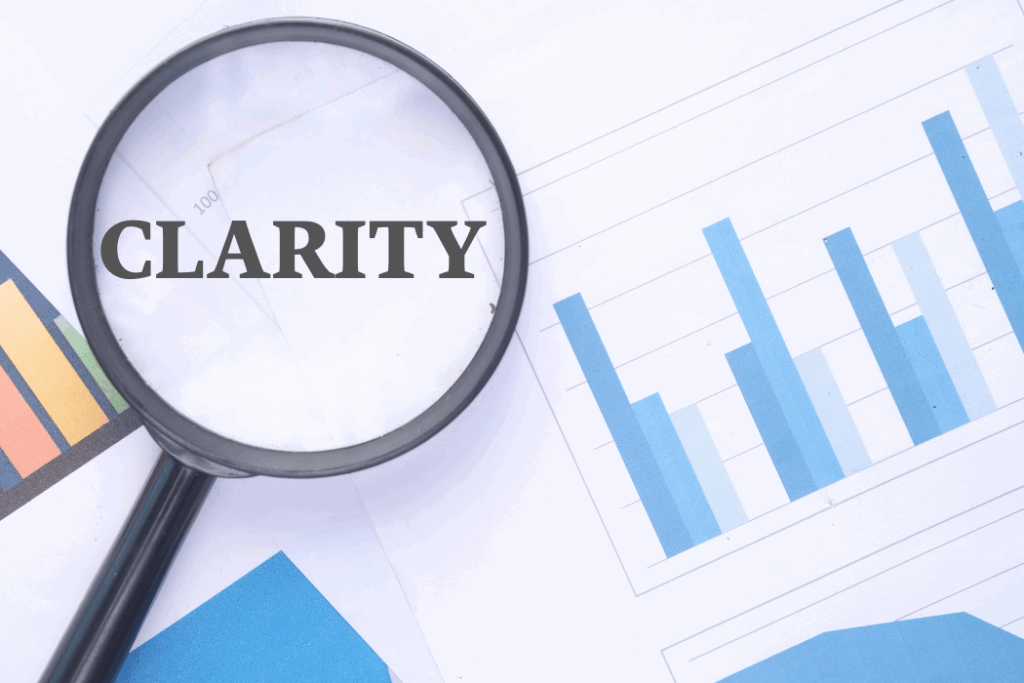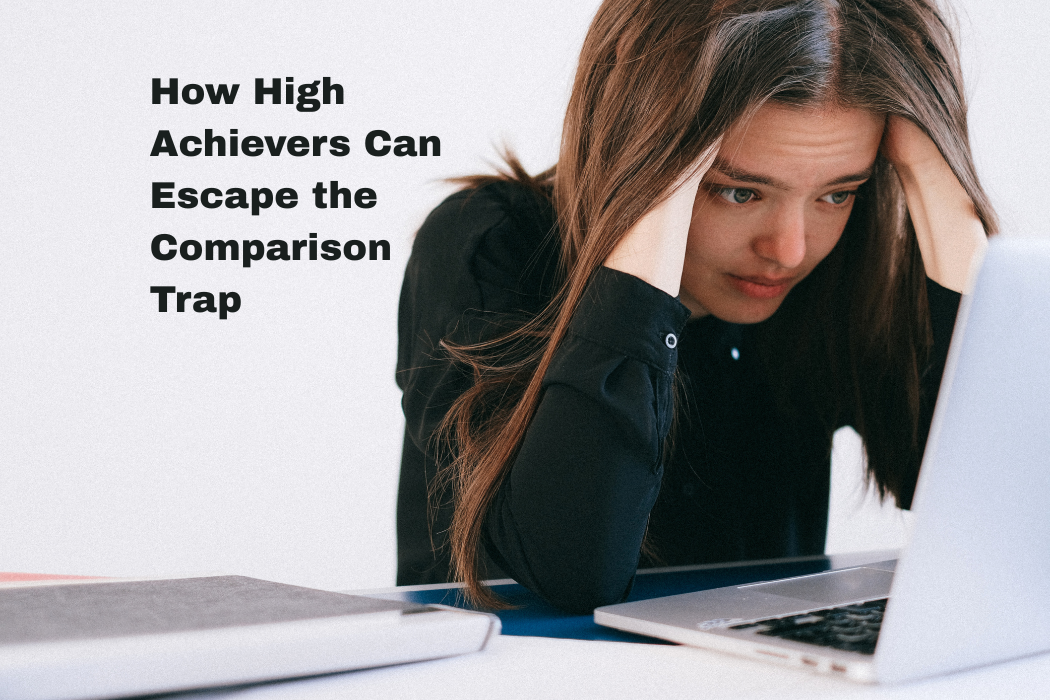
Status anxiety has emerge as a silent epidemic among professionals. Executive coach Kathy Oneto reveals why external validation is fueling burnout—and offers a roadmap to sustainable success.
Sarah scrolls through LinkedIn at 11 pm, her stomach tightening as she watches former colleagues announce promotions, launch startups, and share their “authentic” success stories. Despite her own achievements—a corner office, six-figure salary, and industry recognition—she feels like she’s falling behind. The question gnaws at her: “Am I successful enough?”
Sarah isn’t alone. As Mental Health Awareness Month draws attention to our collective well-being struggles, a particular form of psychological distress is quietly undermining high achievers across industries: status anxiety.
The Hidden Epidemic Among High Achievers
Status anxiety, a term popularized by philosopher Alain de Botton in the early 2000s, describes our deep-seated worry about what others think of us and whether we’re perceived as successful or failing. While the concept isn’t new, executive life-work strategist Kathy Oneto explains that it’s experiencing a dangerous resurgence in our hyperconnected age.
“Status anxiety is when we worry about what others think about us and about whether or not we’re being deemed a success or a failure,” Oneto explains. “The fact that we have these effects of social media—that hasn’t waned. We’re always kind of asked to present ourselves in a particular way, and we are feeling as if we are constantly being judged.”
The numbers paint a concerning picture. Recent research from Slack reveals that 50 percent of professional workers don’t take breaks during their workday—a symptom of the relentless drive that status anxiety creates. Meanwhile, Better Up’s findings show that while motivation drives performance, employees often feel disconnected from work that truly matters to them.
When Success Feels Like Failure
The mental health implications of status anxiety extend far beyond momentary discomfort. Oneto, who has spent over 25 years coaching ambitious professionals, identifies several critical ways this mindset damages our psychological well-being:
Identity Distortion: “We actually start to feel like I’m not being my true self because I’ve chased after these pursuits that really aren’t genuine to me,” Oneto notes. High achievers often find themselves successful on paper but emotionally hollow, having pursued goals that looked impressive but felt meaningless.
The Satisfaction Paradox: Perhaps most troubling is what happens when external goals are achieved. “We can end up pursuing goals that don’t really matter to us and end up putting a lot of time and effort into activities where we end up getting to the end and we’re wondering like, wait, I’m not satisfied by this and I’m not fulfilled by this.”
Hyper-Ambition Addiction: The pressure to prove oneself can evolve into what researchers call “hyper-ambition”—a negative addiction to striving that research has linked to stress-related illnesses and significant health consequences.
The Double Burden for Underrepresented Groups
Status anxiety doesn’t affect everyone equally. For women, minorities, and first-generation professionals, the psychological burden is compounded by navigating both societal pressure and cultural expectations that may feel fundamentally misaligned with their authentic selves.
“The challenge is that that success—well, that’s what success is supposed to look like—but that doesn’t feel right for ourselves,” Oneto explains. These professionals face a complex navigation: honoring external expectations while staying true to their values and definition of success.
The solution isn’t to abandon ambition entirely, but rather to develop what Oneto calls “conscious ambition”—a more discerning approach to goal-setting that aligns with personal values rather than external validation.
The Three-Step Recovery Plan
Breaking free from status anxiety requires intentional practice. Oneto outlines a practical framework that thousands of her coaching clients have used to reclaim their mental health and professional satisfaction:
Step 1: Develop Awareness The journey begins with recognizing when external forces are driving your decisions. “The first step is really just awareness that this norm of us looking to external guides is a force upon us,” Oneto emphasizes. This means pausing when you feel triggered by others’ achievements and asking: “What is making me feel like I should be doing something different right now?”
Step 2: Shift the Focus Inward Once you recognize external pressure, the next step is conscious redirection. “Start to shift away from this external lens to really checking in with oneself and saying, well, what is it that I want?” This requires honest self-examination about whether external markers of success actually resonate with your values and desires.
Step 3: Embrace the Process Perhaps most importantly, recognize that this isn’t a one-time fix. “These forces are always upon us,” Oneto acknowledges. “We are human and we need to be kind and compassionate to ourselves, that these forces are upon us and that we might have to revisit it again.”
Redefining Success: The Sustainable Ambition Framework
In her upcoming book “Sustainable Ambition,” set to release nationwide on June 10, Oneto introduces an alternative to the work-life balance paradigm that she believes sets unrealistic expectations. Instead, she advocates for “life-work sustainability”—a framework built on three pillars:
Right Ambitions: Pursuing goals that genuinely connect with your values and motivations, even when they appear externally driven. The key is understanding why these pursuits are meaningful to you personally.
Right Time: Recognizing that different life stages call for different types of ambition. What serves you at 25 may not align with your needs at 45.
Right Effort: Being discerning about both how you use your energy and how you restore it. This includes building structures that support sustainability across all life domains.
What Organizations Can Do
The responsibility for addressing status anxiety doesn’t rest solely on individuals. Organizations play a crucial role in either perpetuating or alleviating these pressures. Oneto recommends two key organizational shifts:
Create Meaningful Connection: Ensure employees understand how their work contributes to larger organizational goals. When people feel genuinely connected to their purpose, they’re less likely to seek validation through external comparison.
Build Restoration Into Culture: Establish explicit team norms around breaks, communication boundaries, and time off. “Building into a structure of a team norms of taking breaks can be something that can be really powerful,” Oneto explains.
A Practice, Not a Destination
As Mental Health Awareness Month reminds us to prioritize our psychological well-being, addressing status anxiety becomes crucial for sustainable success. The goal isn’t to eliminate ambition but to ensure it serves rather than enslaves us.
“This is a practice,” Oneto emphasizes. “It’s not a one and done kind of thing where we just find sustainability and we land there. That’s why I don’t also like the term balance because it implies that we just get to equilibrium, and we just stay there and it never gets out of whack when it’s always getting thrown off.”
The path forward requires embracing the human side of ambition—giving ourselves grace when we stumble, returning to conscious choice-making, and consistently aligning our efforts with what truly matters to us.
Your Next Step
If you recognize yourself in Sarah’s late-night LinkedIn spiral or find yourself constantly measuring your worth against others’ achievements, you’re not alone—and you’re not stuck. The awareness that status anxiety is affecting your mental health is the first step toward reclaiming your ambition on your own terms.
Ready to break free from the comparison trap? Start by asking yourself: “What do I genuinely want, and why does it matter to me?” Your mental health—and your authentic success—depends on the answer.
For more insights on sustainable ambition and breaking free from status anxiety, visit sustainableambition.com/books to learn about Kathy Oneto’s upcoming book release.




